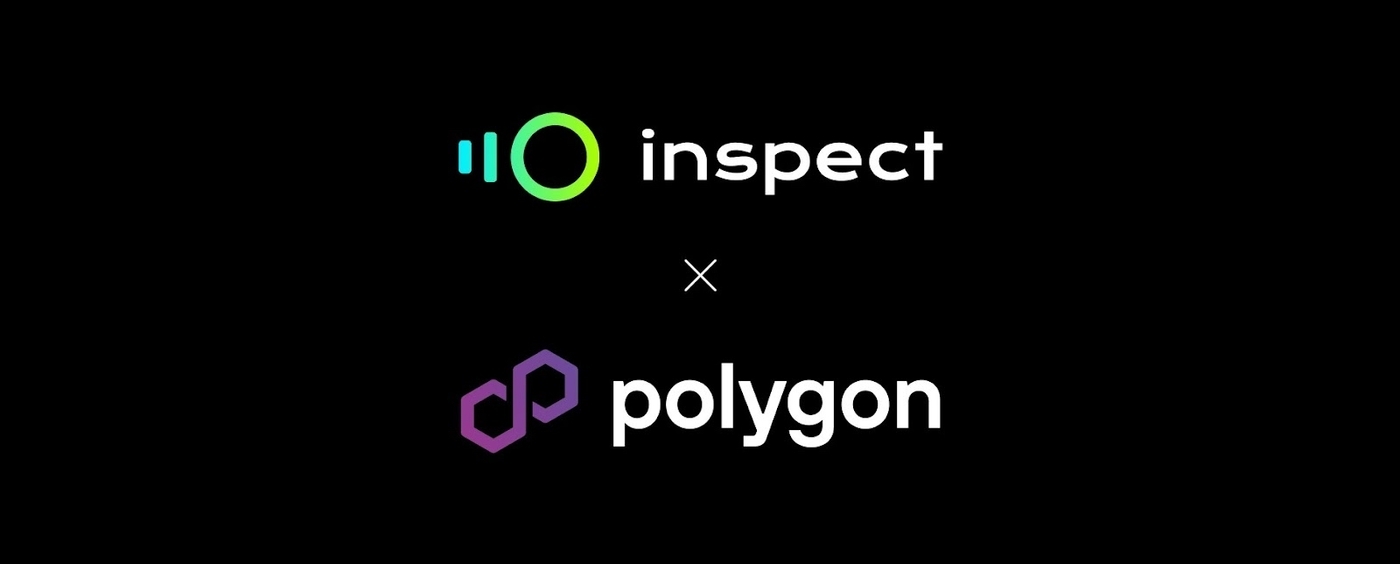UAE students learned blockchain, crypto and technology skills to prepare them for the future job market

A number of UAE schools have incorporated lessons in blockchain, cryptocurrencies and other emerging technology fields to prepare them for the future job market.
High on the agenda will be making children fully aware of the possibilities – and potential pitfalls – in the metaverse.
The metaverse is envisioned as a new online world where someone with a 3D avatar, a representation of yourself, uses a virtual reality headset to go to concerts, work, socialize and access a variety of services.
We ensure our students have a digital mindset, that means understanding financial literacy, the world of cryptocurrency, NFTs, digital assets and blockchain – and these will increase in complexity in secondary years
Tracy Moxley, Citizens School
Gillian Hammond, principal at Repton Al Barsha, said promoting online safety was key.
“As they explore the metaverse, there are many participants, and we need to ensure that our students are digital citizens and that they know how to stay safe online and understand the permanence of what they post online,” Hammond said.
“We have taught our students that things are not necessarily what they appear to be online and that they must never share names, photos or locations.”
Ms Hammond said the school was working closely with parents to discuss what restrictions should be in place when children are online at home and using devices such as mobile phones, laptops and iPads.
While safety is key, the school is keen to embrace rapidly evolving technologies.
About an hour is set aside each week during school hours to explore game design, blockchain, learning about non-fungible tokens, widely known as NFTs, and the wider metaverse.
“As a family of schools, we have identified blockchain as the technology of the future, and we really want to lead this space by raising awareness among our teachers, our parents and our students,” Hammond said.
“We want our students to understand and learn about blockchain and NFTs. We have had students from four to six years involved in game design.
“We deliver computer science lessons to all our students. In fact, even from as early as Year 1, we start teaching kids about computer science and coding.”
Last year, the school launched a digital passport for all students using a blockchain provider.
Pupils all the way from FS1 to 13th grade will get a digital overview of their journey at school. Students could share their exam transcripts securely, and these could be easily verified because the documents would be dated.
:quality(70)/cloudfront-eu-central-1.images.arcpublishing.com/thenational/YZ75J5FGHBAF5KM3LEEOY5FAG4.jpg)
The school has created a series of videos to educate the community about the benefits of blockchain and is running an after-school activity on blockchain and NFT this year for all students who are interested and able to participate.
Schools look to the future
British curriculum Citizens School, in Dubai, claims to be the first in the Middle East to allow parents to pay school fees with cryptocurrencies. The school accepts payments in Bitcoin and Ether.
“We want to ensure our students have a digital mindset, that means understanding financial literacy, the world of cryptocurrency, NFTs, digital assets and blockchain,” said Principal Tracy Moxley.
“We do this through project-based learning and digital literacy classes – complex concepts like these will be explored in years 5 and 6 and increase in complexity in the teenage years.”
Mark Ryan, a primary visual arts teacher at Raha International School in Abu Dhabi, said he had been teaching his students how to take a piece of art and create an NFT since last year.
For an exhibition last year, students were allowed to choose any subject they wanted to display, and he said some of them were passionate about NFTs.
The digital tokens represent items such as art, music and video games and are bought and sold online – often at a huge price – usually using cryptocurrency.
Students making NFTs were encouraged not to focus on the currency and on buying and selling these, but simply to study how the digital space helped track their work as young artists.
“These spaces are evolving almost even faster than the curriculum itself,” Ryan said.
“We have a digital citizenship program and the kids are learning about how to navigate the internet in general, and now with these new areas they’re doing a lot of their social interactions online and we’ve been trying to have these discussions about safety.”
Mr Ryan said this year he worked with students on robotics and how to use digital spaces such as Sandbox, an Ethereum-based metaverse and gaming ecosystem, and Decentraland, a browser-based 3D virtual world platform.
Police in the metaverse – in pictures
Updated: 14 November 2022 at 02.38
























